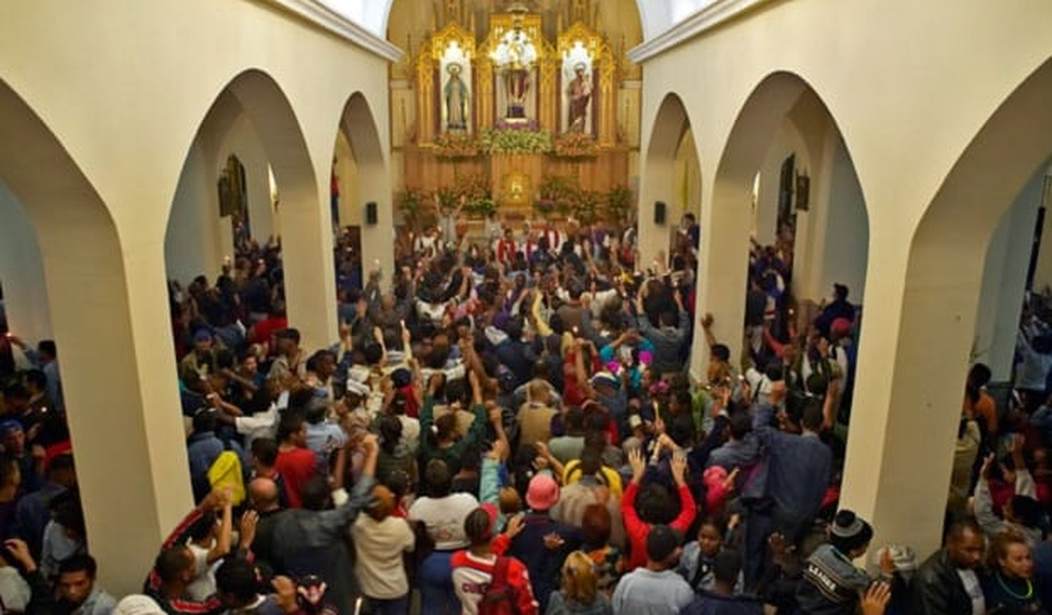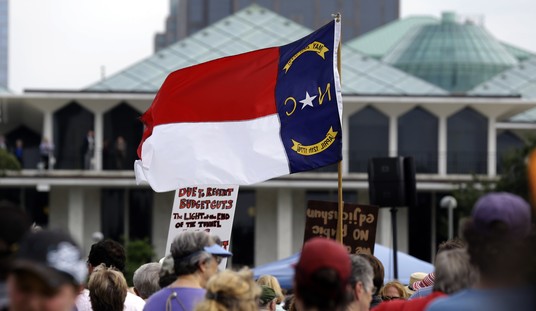 Last August, the virulently anti-religious Freedom From Religion Foundation (FFRF) sued the IRS over alleged non-enforcement of the prohibition of political speech by ministers in churches organized as 501(c)3 non-profits. The IRS has long threatened churches with revocation of their tax exempt status based on rules enforcing the Johnson Amendment… which is part of the tax code and not Obamacare. It is important to note here that from the founding of the republic through 1954, when the Johnson Amendment became part of the tax code, there was no prohibition on electioneering by ministers from the pulpit. However, both the IRS and churches know that any court case involving this would probably end up in a resounding defeat for the IRS on freedom of religion grounds. As a result, the IRS sends out nasty threatening letters pretending to enforce the Johnson Amendment and churches, mostly, pretend to comply. The underlying purpose of the Alliance Defending Freedom-sponsored Pulpit Freedom Sunday is to pointedly ignore the Johnson Amendment and provoke the IRS into taking action which would give rise to a court challenge.
Last August, the virulently anti-religious Freedom From Religion Foundation (FFRF) sued the IRS over alleged non-enforcement of the prohibition of political speech by ministers in churches organized as 501(c)3 non-profits. The IRS has long threatened churches with revocation of their tax exempt status based on rules enforcing the Johnson Amendment… which is part of the tax code and not Obamacare. It is important to note here that from the founding of the republic through 1954, when the Johnson Amendment became part of the tax code, there was no prohibition on electioneering by ministers from the pulpit. However, both the IRS and churches know that any court case involving this would probably end up in a resounding defeat for the IRS on freedom of religion grounds. As a result, the IRS sends out nasty threatening letters pretending to enforce the Johnson Amendment and churches, mostly, pretend to comply. The underlying purpose of the Alliance Defending Freedom-sponsored Pulpit Freedom Sunday is to pointedly ignore the Johnson Amendment and provoke the IRS into taking action which would give rise to a court challenge.
The Becket Fund for Religious Liberty, the driving force behind the Hobby Lobby and Hosanna Tabor cases, intervened in the case on behalf of a Holy Cross Anglican Church. Their argument was that even though the IRS was defending itself it was hostile to the interests of religious institutions.
Here, it is impossible for the Defendant to adequately represent the Church’s interests because he represents the agency that has repeatedly branded those interests as “absolutely prohibited.” IRS Church Tax Guide at 7. Nor is there any doubt on this point: the IRS has specifically identified the precise religious exercise that the Church seeks to protect via intervention—sermons that provide religious instruction on voting for specific candidates—as illegal. Id. at 7-8, Example 4. Similarly, it has created a broad “facts and circumstances” test that chills and effectively proscribes most issue-related sermons. Id. at 7-8; Election Year Issues at 411 (banning the use of “code words” such as “pro-life”). Indeed, the longest part of the IRS’s instructional tax guide for churches—four times longer than the next longest section—solely concerns the restrictions that the IRS places on the Church’s sermons. Id. at 7-15; see also IRS Rev. Rul. 2007-41 (additional lengthy instructions on IRS church speech restrictions). As recently as 2002, the director of the IRS’s exempt organization division testified before Congress that the religious exercise that the Church seeks to protect is prohibited.
Now the FFRF and the IRS were confronted with something neither of them wanted: an actual test of the legality of IRS regulations on speech in churches.
The upshot was that the FFRF asked the judge to dismiss their own lawsuit on the laughably flimsy grounds that they had been assured by the IRS that the IRS did not have a policy of non-enforcement—the same assurance that had been offered to them before they filed suit. Predictably, the FFRF is claiming victory but it is nothing of the sort. This suit was nothing but a publicity stunt by the FFRF and a fundraising gimmick.













Join the conversation as a VIP Member